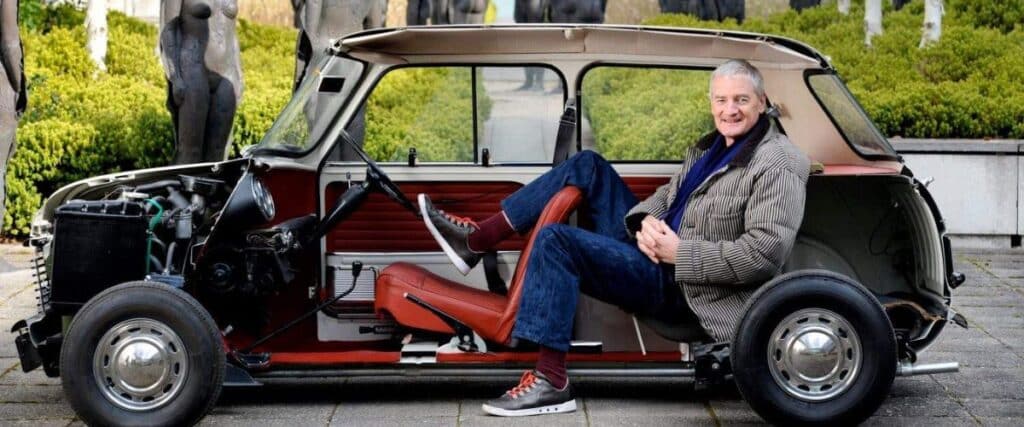Dyson takes a bold step forward with its state-of-the-art battery plant in Singapore, driving next-gen advancements in consumer electronics.
Dyson has announced plans to establish a cutting-edge battery plant in Singapore, utilising technology from its abandoned electric vehicle (EV) project to drive innovation. The plant, spanning 23,000 square metres, is under construction in Singapore’s Tuas industrial district, with production set to begin in 2024 and full operation expected in 2025. This substantial investment is Dyson‘s largest for an advanced manufacturing facility.
While specifics about this next-generation battery remain undisclosed, Dyson has revealed that it will be smaller, lighter, sustainable, and have higher energy density. The company has been researching safe, high-capacity all-solid-state batteries, to be produced at the new facility. These batteries will be used to enhance Dyson’s product lineup, reducing weight and extending battery life in cordless vacuum cleaners and other appliances.

By establishing the battery plant in Singapore, Dyson has demonstrated its focus on Asian manufacturing and sales. The company has been manufacturing motors in Singapore since 2012 and relocated its headquarters there from the UK. Singapore’s favourable business environment, robust legal system, and intellectual property protection make it an ideal hub for innovation. The country’s well-connected ports and airports facilitate efficient distribution across Asia.
Dyson’s Chief Technology Officer, John Churchill, praised Singapore’s pro-business and pro-innovation stance, aligning with Dyson’s long-term investment strategy. Although specific government support details are undisclosed, Singapore is known for providing comprehensive assistance, including tax incentives, land accommodations, and prompt approval processes, for strategic investments.
Dyson’s expansion into next-generation batteries signifies its commitment to regaining a leading position in consumer electronics. The company, known for its cyclone vacuum cleaners, bladeless fans, and high-powered hair dryers, has faced challenges in new product development, particularly in robotic vacuum cleaners. To address this, Dyson recently launched a third-generation robotic vacuum cleaner with exceptional suction power, aiming to catch up to competitors like iRobot and Chinese manufacturers, who are pioneering new models with mopping capabilities.
In April, Dyson introduced its first wearable product: headphones with an air purifier, targeting the Chinese market. While the concept is innovative, demand for such a product remains uncertain. Following the discontinuation of its EV business, Dyson plans to invest US$3.5 billion by 2025 to double its product line. Additionally, the company intends to hire hundreds of engineers for robotics and AI research bases in the Philippines and the UK.
Over the next decade, Dyson envisions launching products catering to ageing populations and individuals with busy lifestyles. Dyson’s entry into next-generation batteries through the Singapore-based plant signifies a significant stride toward reclaiming its position as an industry leader in consumer electronics.
Featured banner image credit: ultralithium.com
Related Articles
9 Industry-Leading Tech Startups in Singapore on the Rise
Singapore Introduces New Visa Scheme Welcoming Foreign Artificial Intelligence, Alt Protein Talent





